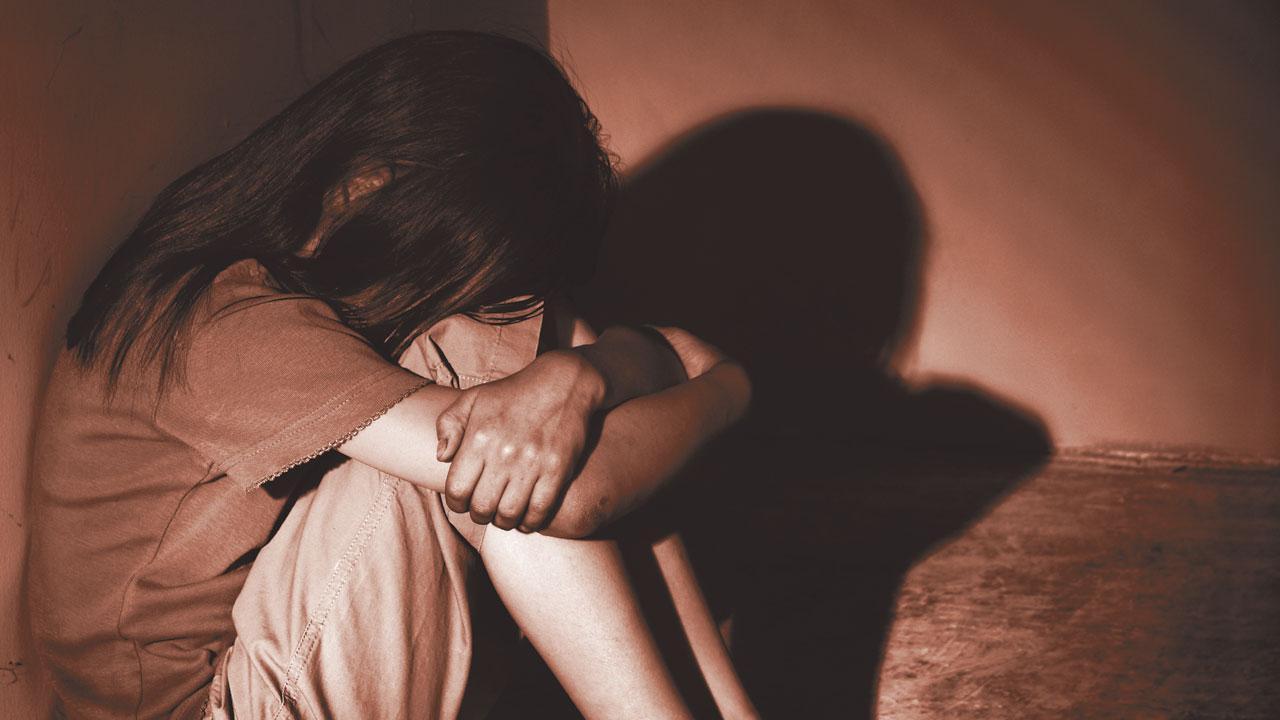The civic body’s task force aims to help Covid-19 oprhans work on their mental health, and aid their education

Representation pic
As the cases of Covid-19 decline in the city, and the load becomes lesser, the Brihanmumbai Municipal Corporation is going to focus its attention on finding details of children who have lost both their parents to the virus. The BMC is taking the help of its IT department to find such cases and then intimate the state government, so that they can support such children.
ADVERTISEMENT
“We are in the process of collecting details of children who have lost both their parents to Covid-19. The details will be sent to the Women and Child Development department of the state government so that they can provide some support,” said Suresh Kakani, additional municipal commissioner, BMC.
In Mumbai, till date, 14,808 have lost their lives in the pandemic. “We need to look into the aftermath of the pandemic as well. Though the percentage of children orphaned by Covid-19 in the city will be less, identifying and rehabilitating them is a priority as we also have to look at the mental trauma that the child is going through,” said Kakani.
Also Read: CM Uddhav Thackeray asks officials to devise policy to help Covid-19 orphans
The Supreme Court, too, has asked for data from the states on children orphaned in this pandemic. The state paediatric task force has made a special provision to look after the mental trauma the children have faced. Chief Minister Uddhav Thackeray has instructed the Women and Child Development department to work along with the state paediatric task force. He also instructed the department to formulate policies that can help the children complete their education and become independent.
Dr Samir Dalwai, Developmental Behavioural Paediatrician and member of state paediatric Covid task forces, who has been instrumental in including the psychological aspect in the management of paediatric Covid-19 in the state, said, “I would advise that the news of the events be broken to the child as gently as possible. Use age-appropriate cultural explanations. Allow the child [if the child wants] to participate in the last rites. Do not force or be judgmental about the child’s behaviour or emotions. Allow the child to express grief the way she/he chooses.”
He added that some children are expressive while others are not. “We have to recognise that the child may be very afraid, anxious. S/he might feel insecure or guilty. We should assure the child of continued affection and support,” said Dr Dalwai. He further said that we also need to address the child’s feeling of desertion, blame or rejection with words and actions, again and again. “We should not avoid the issue by creating or perpetuating deception by by creating or perpetuating deception through statements like, your parent has gone gone out of town and will return. For children who do not have family or social support, and are in danger of abuse or neglect, dial 1098 for child support,” said Dr Dalwai.
 Subscribe today by clicking the link and stay updated with the latest news!" Click here!
Subscribe today by clicking the link and stay updated with the latest news!" Click here!






